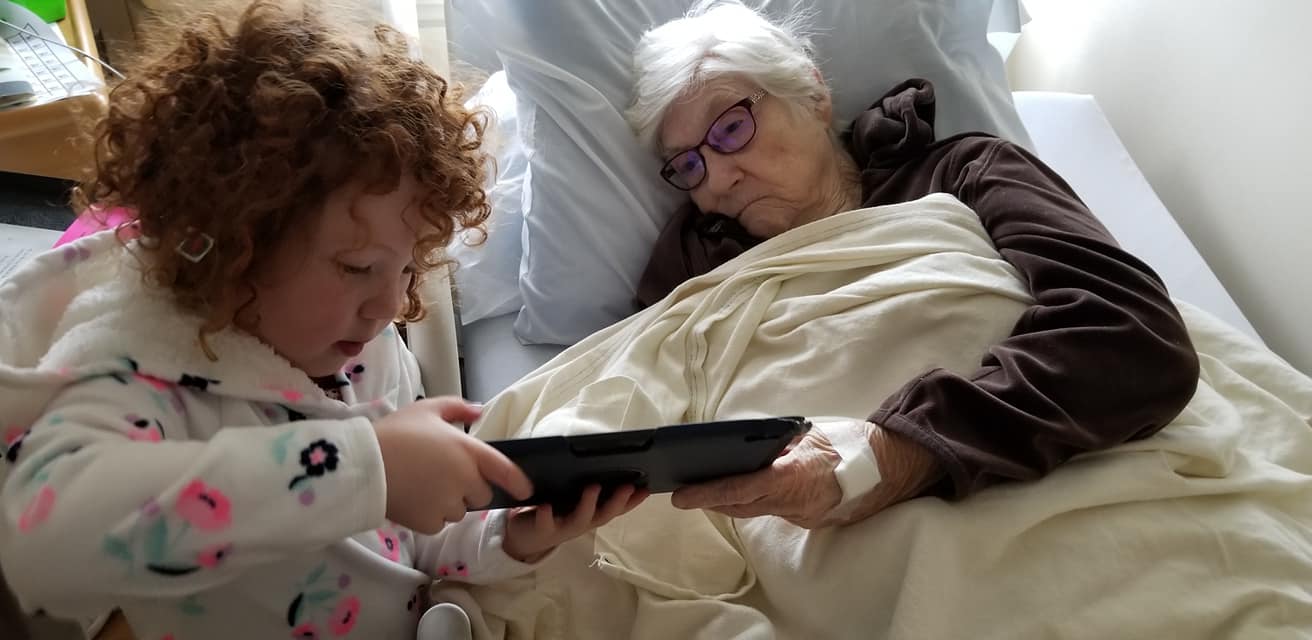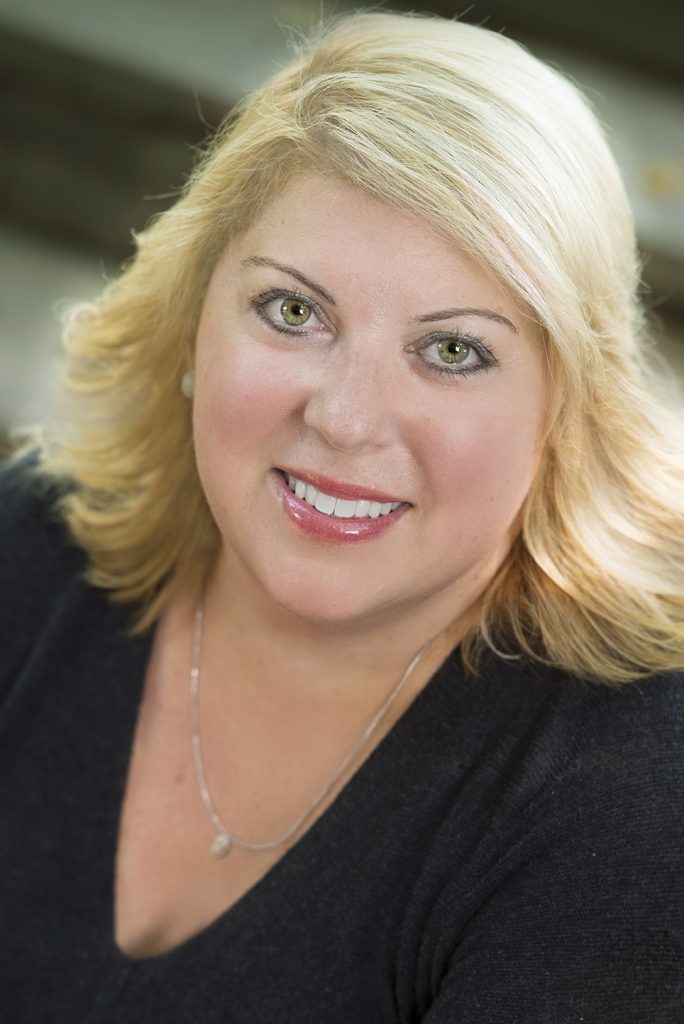By Dan Rosenzweig-Ziff and Alexa Mikhail
In early April, as the coronavirus spread among America’s nursing homes, Cissy Sanders received the phone call she had been dreading.
Riverside Nursing and Rehabilitation Center in Austin, Texas, where her 70-year-old mother lived, was reporting three positive cases among residents, she recalled. The 51-year-old event planner sprang into action.
She called the nursing home. She called the state’s long-term care ombudsman and the Texas nursing home hotline. She called her city council representative, then her state representative, then the Austin Public Health Department.
During each call, Sanders said she pleaded for covid-19 testing, arguing it was the only way to prevent the continued spread of a virus that was devastating nursing homes in the U.S., killing thousands of elderly residents. Time and again, she said she was turned away.
“Sorry, you don’t get the luxury of throwing up your hands,” she recalled saying at the time. “The only way you’re going to win is if you test, test, test.”
Months into the coronavirus pandemic, nursing home leaders say testing supplies and support are still in short supply, undermining facilities across the country as they struggle to contain the virus.
In a letter to Congress in late May, LeadingAge, which represents more than 6,000 long term care providers, called for funding for test kits, as well as additional personnel to administer the tests. Both staff members and residents need repeated testing rather than single tests that provide a “snapshot in time,” the organization wrote.
“Federal leadership and funding are especially needed to cover baseline and weekly testing of all residents and staff in nursing homes,” Katie Smith Sloan, LeadingAge’s president, said in the letter. “It is irresponsible of federal leaders to tell nursing home providers to ‘talk to your governor’ to supply and pay for testing.”
Testing nearly 3 million nursing home residents and staff would cost $439 million, according to the American Health Care Association and National Center for Assisted Living, which represents more than 14,000 long-term care facilities. The group has pressed the federal government for $10 billion in emergency relief for more testing and staffing help.
“Without testing, it is virtually impossible for us to know who in our facility, whether they are residents or staff, are COVID-positive,” Mark Parkinson, president of the group, said in late April.
Early on during the pandemic, some nursing homes reached out to local hospitals and to state health departments for tests. Providers also turned to private labs.
Randy Bury, chief executive officer of the South Dakota-based nonprofit Evangelical Lutheran Good Samaritan Society, said he discovered the tests cost as much as $80 each. The nonprofit, which operates 269 long-term care facilities in 24 states, has been able to prioritize testing for facilities that have had difficulty securing testing kits from states, he said.
“There’s many people including the elderly, that are asymptomatic, and you’re not going to know unless you test,” Bury said.
In New Mexico and West Virginia, the governors provided tests for all nursing home residents and staff. Other states, including Colorado and Massachusetts, have enlisted the National Guard. New Jersey partnered with local universities to test nursing home residents; Maryland bought 500,000 tests from South Korea.
But too many nursing homes, Parkinson said, have been largely left to fend for themselves. Recent reports show the nationwide death toll in nursing homes has surpassed 30,000.
An official at Riverside, where Sanders’ mother has lived for four years, said testing was completed in April. The tests were provided by Austin health authorities and by a private provider.
Sanders said her mother tested negative on April 21. Sanders said she now wants to focus on homes in the rest of the country. She has applied to become a member of a newly formed national nursing home advisory board, where she would help set covid-19 policies.
“I want the public to know that the nation is failing our nursing home residents,” Sanders said. “Who are the test kits being saved for if the most high-risk nursing home population can’t get them?”




